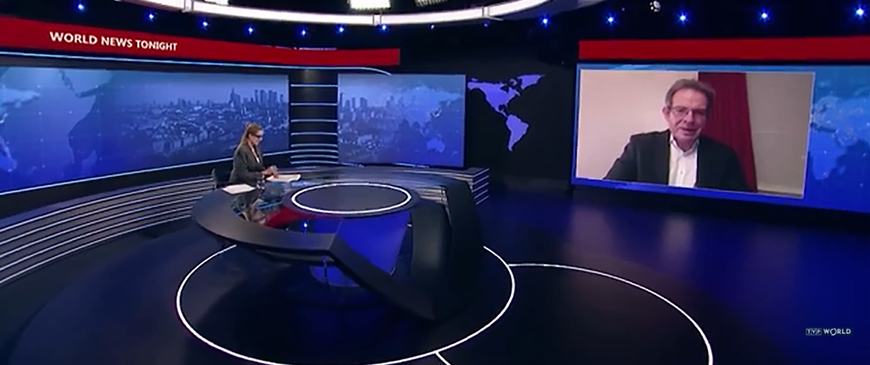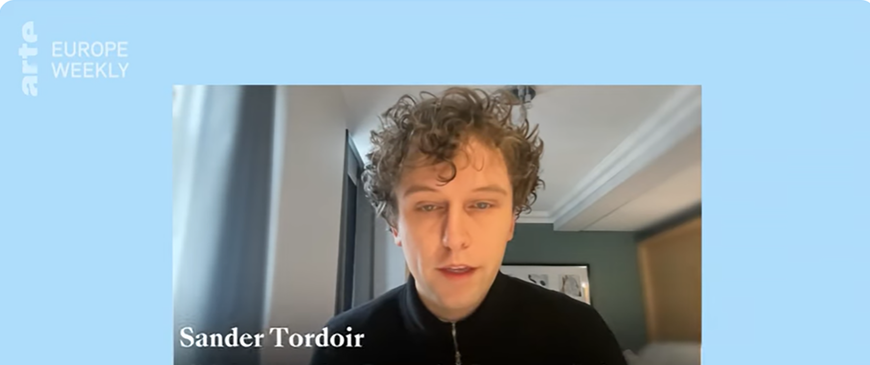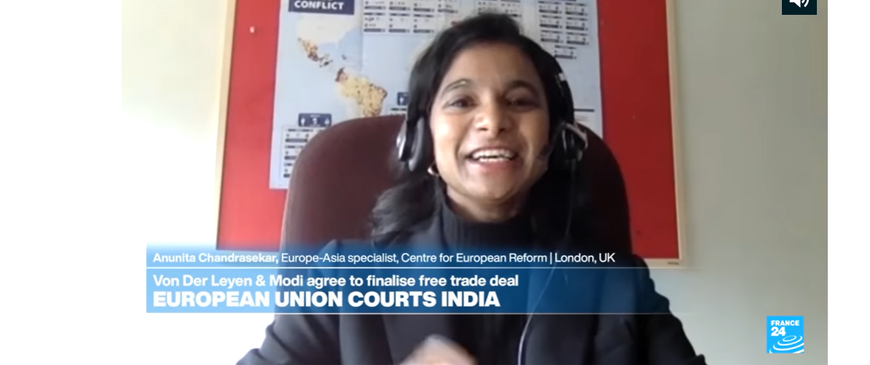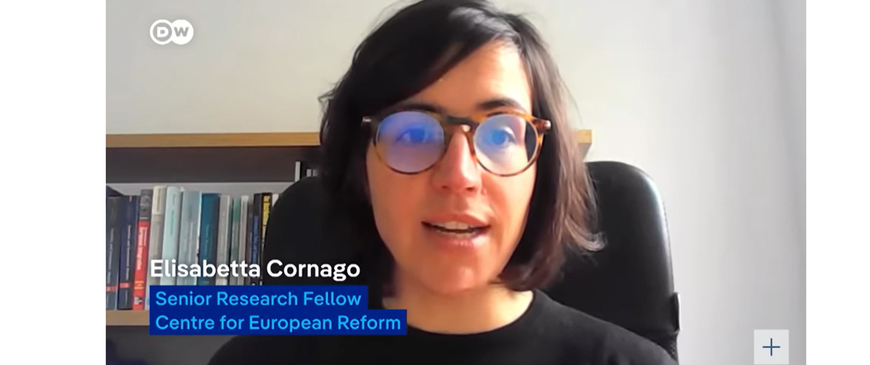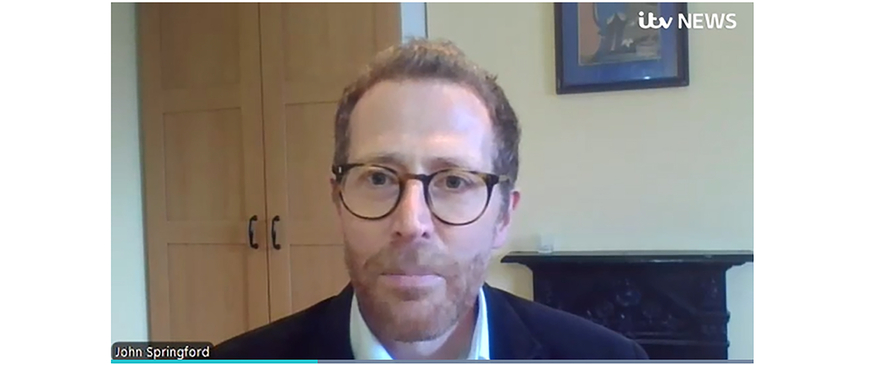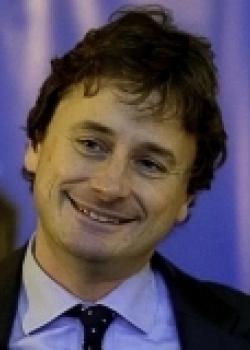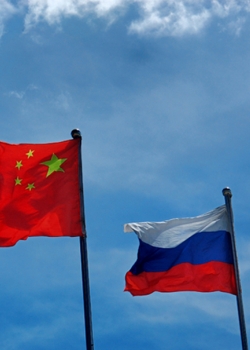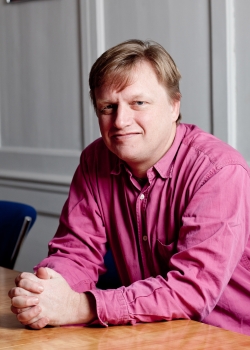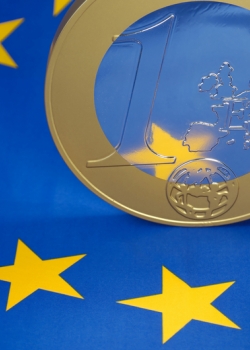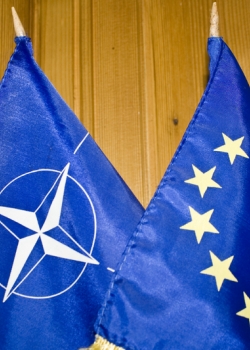Press
European rescue fund may face biggest test yet
18 April 2012
The New York Times
"They are going to have to do something in Spain's case," said Simon Tilford, chief economist at the CER, a research institute. "This is a big economy and the banks are holed below the water line." ...
Debate grows as Europe fears return of a crisis
17 April 2012
The New York Times
The recent shift has underscored that there have been no substantive fixes beyond promises by countries to reduce their budget deficits. "It looks like it's coming back with a vengeance, largely because none of the underlying problems have been solved," said Philip Whyte of the CER.
Multilateralism à la Carte
16 April 2012
The International Herald Tribune
Many problems cannot be solved without international co-operation, yet "multilateralism" — the system of international institutions and rules intended to promote the common good — appears to be weakening.
Pressure on Spain builds as bonds face key auction
16 April 2012
The Wall Street Journal
"There is a risk that, in the absence of offsetting stimulus through macro policy…structural reforms will make things worse in the short-term, however beneficial in the long-term," said Simon Tilford, of the CER.
The commission conundrum
14 April 2012
The Economist
Charles Grant, director of the CER, a London-based think-tank, highlights another paradox. "The commission has gained more and more legal powers, but it has less and less moral authority."
What Germany offers the world
14 April 2012
The Economist
"The underlying issue is raising productivity in services and increasing wages in line with that," says Simon Tilford of the Centre for European Reform.
Eurozone Chutzpah and the IMF
13 April 2012
Handelsblatt
Simon Tilford, chief economist at the CER argues against IMF help for the eurozone - a wealthy creditor region that refuses to address its institutional contradictions is not a deserving case. Eurozone governments should either assemble a big enough rescue fund themselves, or accept that the single currency is unworkable in its current form.
Is the world's biggest economy in danger of disintegrating?
13 April 2012
CNBC
"Clearly I am very worried because the movement towards European co-operation or integration seems to have stalled at the moment and the aftermath of the euro crisis is going to make the movement towards disintegration more powerful," Stephen Tindale of the CER in London told CNBC.
Die Dreistigkeit der Euro-Zone
12 April 2012
Financial Times Deutschland
Die Politiker und Vordenker der Eurozone haben keinen Zweifel: Durch die Vergrößerung des Rettungsfonds, des Europäischen Stabilitätsmechanismus (ESM), haben sie ihren Teil dazu beigetragen, die Mitglieder der Währungsunion zu stützen, die sich in Schwierigkeiten befinden. Nun liegt es am Rest der Welt - also am Internationalen Währungsfonds (IWF) -...
L’audace de la zone euro et le FMI
12 April 2012
Les Echos
LE CERCLE. (par Simon Tilford) - Les décideurs et les hommes politiques de la zone euro ne doutent de rien : ils ont contribué leur part pour soutenir les membres de l’union monétaire en difficulté en accroissant le montant de son fonds d’urgence, le Mécanisme européen de stabilité (MES).
LONDRES –...
LONDRES –...
Europe 'Catch-22' impasse blocking reforms for FSCS
12 April 2012
Money Marketing
CER economics research fellow John Springford says: "I would not be surprised if it took 18 months before the three European institutions enter talks to come up with a final text."
French election: A tale of two presidencies
11 April 2012
Financial Times
"For the first time in the history of the European Union, Germany is the unquestioned leader and France is number two," wrote Charles Grant, director of the CER, at the height of the crisis.
Eurozone Chutzpah and the IMF
11 April 2012
Project Syndicate
LONDON – Eurozone policymakers and politicians are in no doubt: they have done their part to support the currency union’s struggling members by increasing the size of its rescue fund, the European Stability Mechanism (ESM). Now it is time for the rest of the world – that is, the...
UK's Cameron to visit Myanmar as EU mulls sanctions lift
10 April 2012
Reuters
Tomas Valasek of the CER think-tank in London, said there was some "one-upmanship" among EU countries when it came to Myanmar. "Assuming Myanmar continues to develop, everybody in Europe wants to be seen as the one that broke the ice with the country," he said.
Syria is battelground for China and US
09 April 2012
Gulf News
In the view of Charles Grant, of the CER, Putin holds "a less benign view of the United States". Writing an op-ed recently in The New York Times, Grant said that Putin "sees US hegemony as a bigger problem than the rise of Chinese power."
Some Easter reading on world affairs
08 April 2012
Financial Times
I am currently in Washington, DC. I packed two books to read on the flight over: "Russia, China and Global Governance" by Charles Grant (actually a long think-tank pamphlet, published by the Centre for European Reform) and “Every Nation For Itself, Winners and Losers in a G-Zero World” by Ian Bremmer.
Will Putin delete the reset?
04 April 2012
The International Herald Tribune
In February 2009, Vice President Joe Biden called for the reset button to be pressed in the U.S.-Russia relationship, and for the next three years Presidents Barack Obama and Dmitri Medvedev fostered a rapprochement between Washington and Moscow.
Spain leads EU with record unemployment level
03 April 2012
Voice of America
John Springford of the CER, says the nature of Spain's labour market, with a large chunk of workers on precarious, short-term contracts, compounds the country's problems. "It is looking extremely bleak. The eurozone is projecting that we are going to see a downturn of about 2.2 per cent in Spain."
A two-speed economy for Europe's youth
02 April 2012
Reuters
In an article written for the CER, John Springford lays the problem out clearly. In EU countries where rates of unemployment are high levels of participation in higher education and vocational studies is approximately 40 per cent. In Germany, Norway, the Netherlands, Denmark and Finland, where youth unemployment is fairly low, rates are closer to 60 per cent in some cases.
The implications of multipolarity for Central Europe’s security
02 April 2012
Center for European Policy Analysis
For years, Central Europeans have fretted that the United States might withdraw from the European security arena in order to focus on more pressing issues in other parts of the world. Over the last 12 months, these concerns have been exacerbated.

